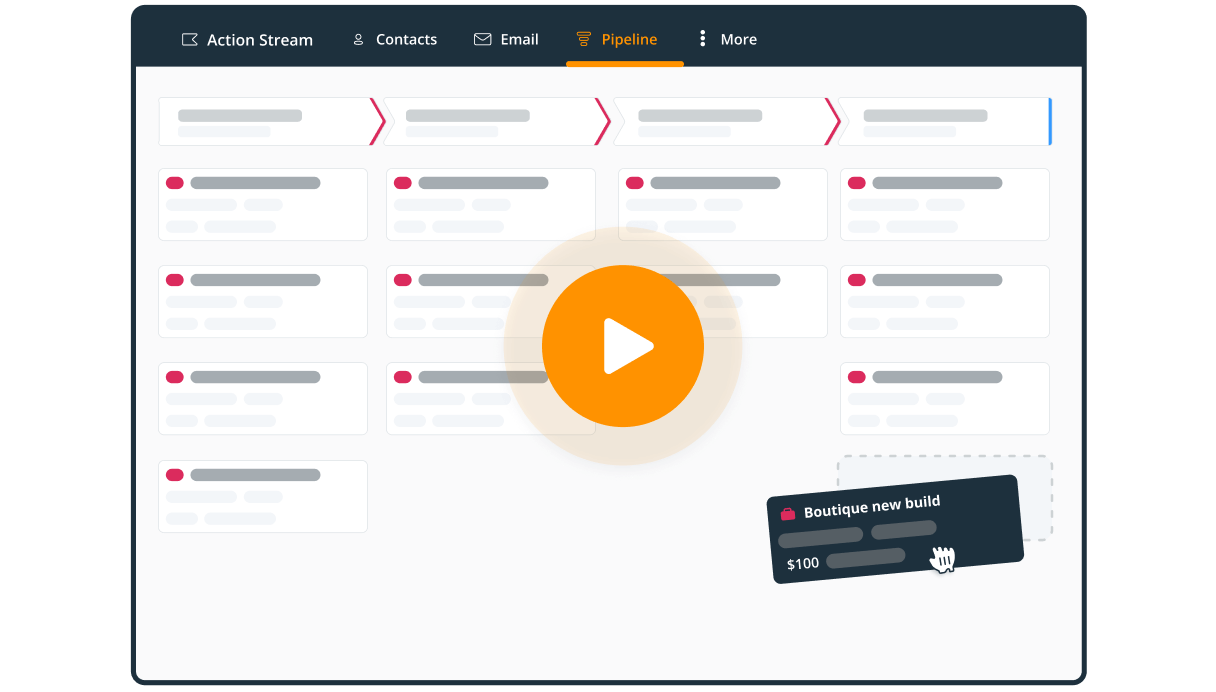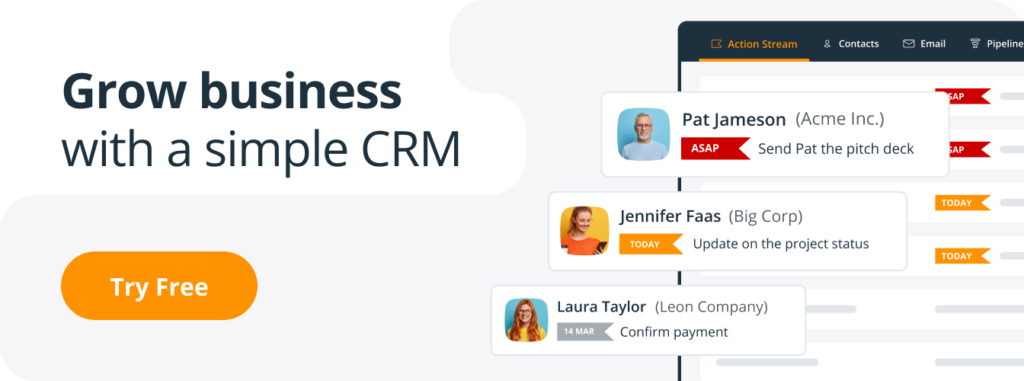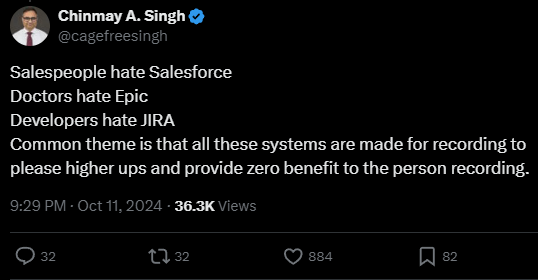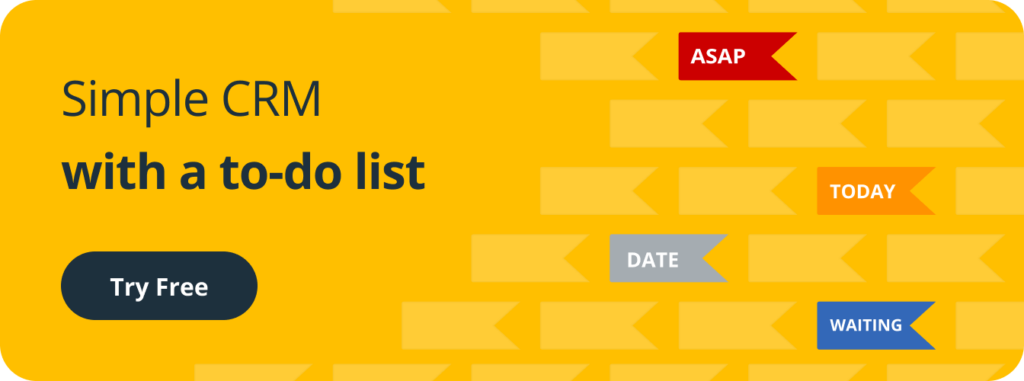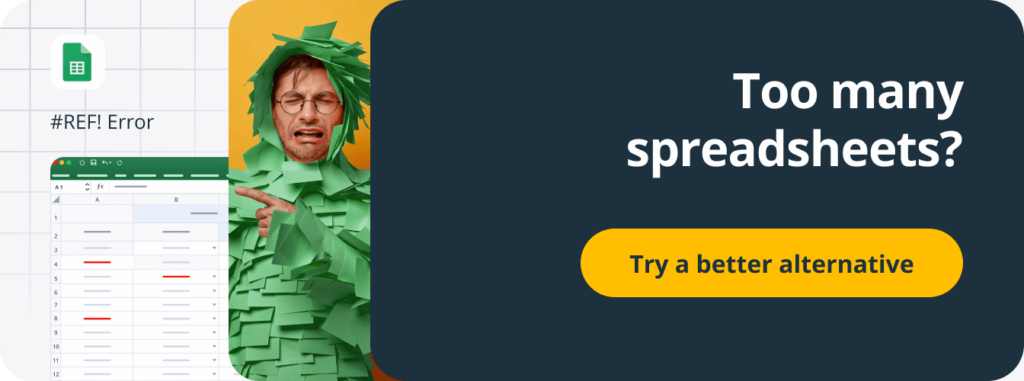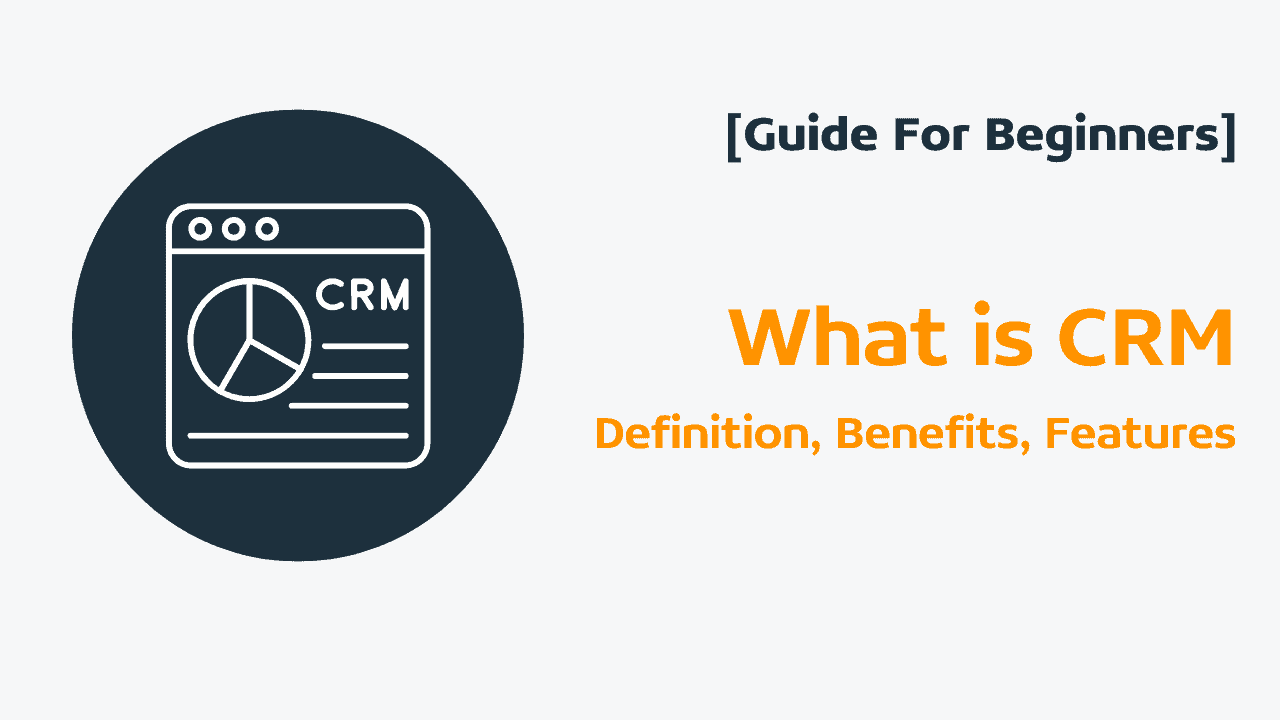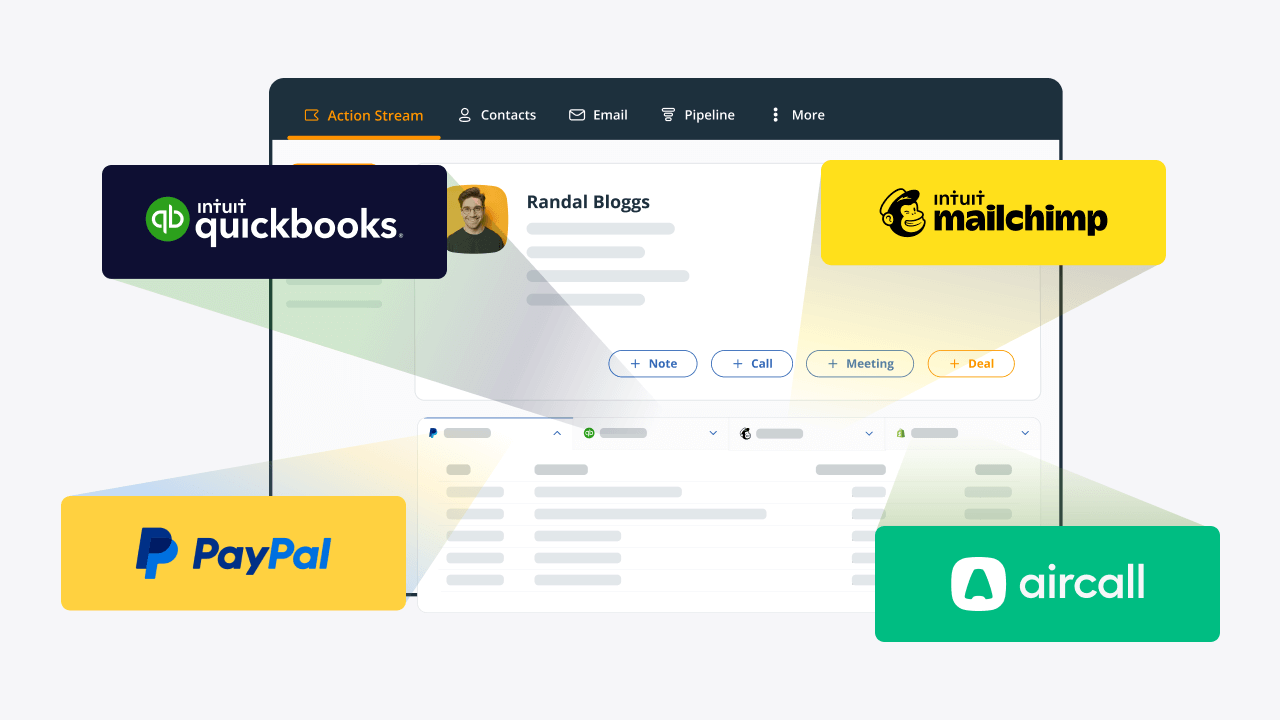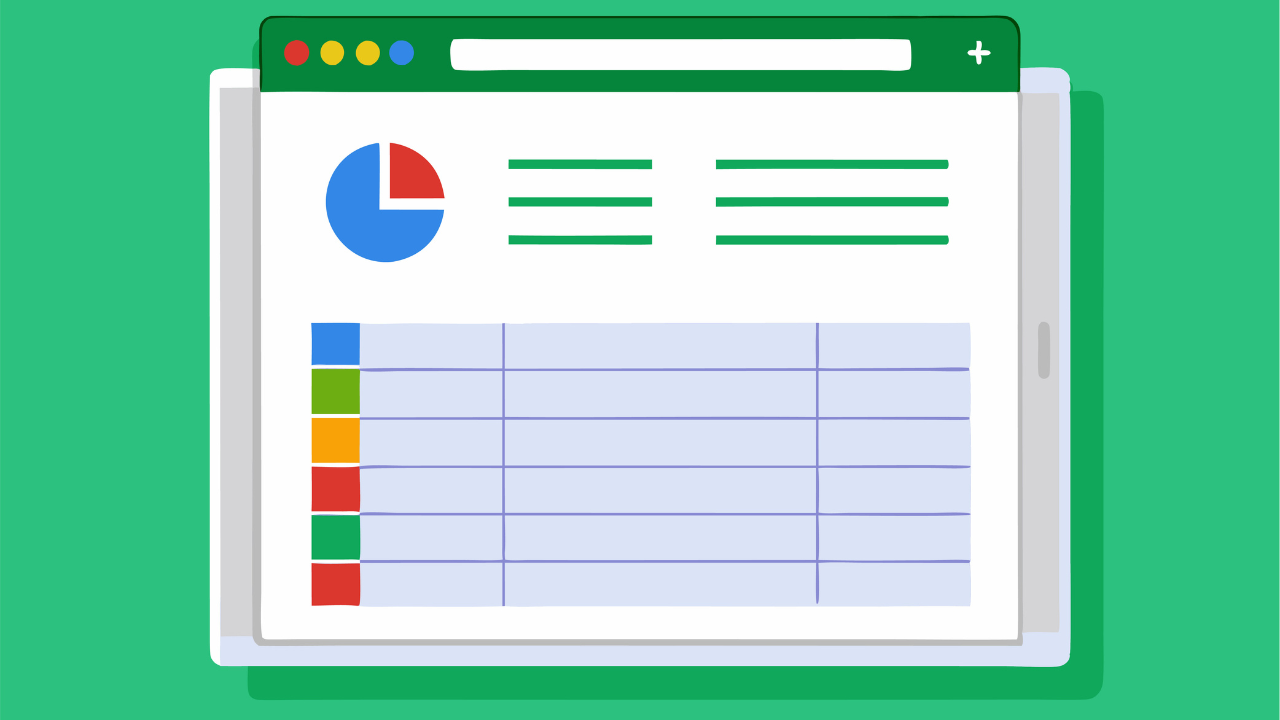

Looking for Free CRM Software? Beware of These 4 Traps

In the world of CRMs, the most common distinction is between free and paid solutions.
There are over 1,000 CRM systems on the market, from free versions to a couple of dollars to a few hundred per month.
How do you decide which one is best for your business?
In this post, we’ll look at the benefits of having free CRM software—and also the top traps that you should avoid before signing up for a free solution.
Reasons for choosing a free CRM software
Free CRM systems are very attractive for several reasons.
They fit the limited budget. Although it varies by industry, starting a business is generally a costly undertaking–both in terms of money and effort. So, it’s no surprise that startups and newly founded businesses try to keep their costs as low as possible. One of the top reasons they search for free CRM software—and other tools with free plans—is a limited budget.
They are enough for a small CRM. When you’re just starting with a CRM, you don’t need advanced features. Many startup founders are focused on getting their first clients, so they might view a CRM system as a fancy phone book. A newly founded business doesn’t have a large enough client database to justify spending money on advanced or even intermediate-level CRM functionality.
They are a good starting point. As a business grows, it may not be ready to fully commit to a CRM but just wants to test the waters. Free CRM software provides a perfect opportunity for this. There are usually no strings attached. You’re just getting used to the idea of having CRM software and assessing whether your business is ready for it.
Some of the most well-known examples of free CRM software include HubSpot.
The 4 traps of free CRM software
While free CRM options exist and are very popular, they often come with hidden costs and limitations.
So, how free is free CRM software? Let’s find out.
Trap #1. Lack of Customer Support
One of the biggest issues small businesses face is the lack of customer support for free plans (and this is true not only about free CRM solutions but about any free solution in general).
Lack of customer support can be a serious problem for those just starting out who need human guidance instead of endless chatbots and generic help articles.
To be fair, many CRMs don’t offer much support even on paid plans. For example, see below the plan comparison from Capsule CRM:
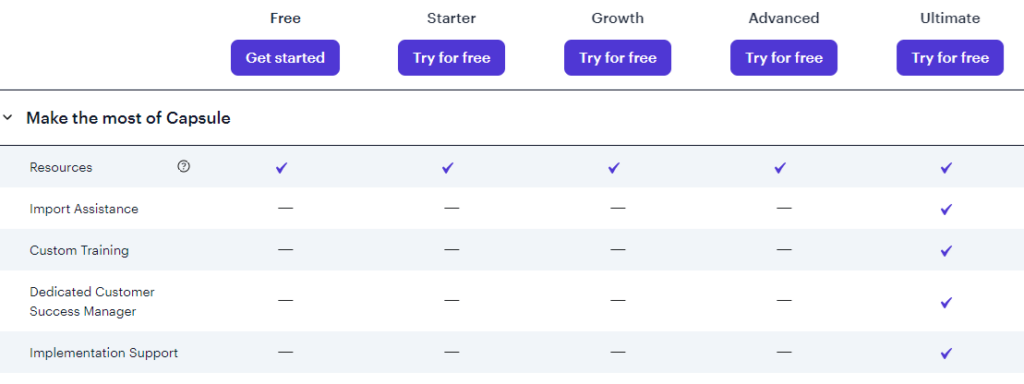
Trap #2. Limited functionality
While on a free plan, you might discover important CRM features for an extra price.
For example, your free CRM may integrate with LinkedIn for $10 per month… and then it also has free web forms but only on upper plans… and it also has free email templates but only 3 of them, which is really not enough for your business needs.
The list goes on and on.
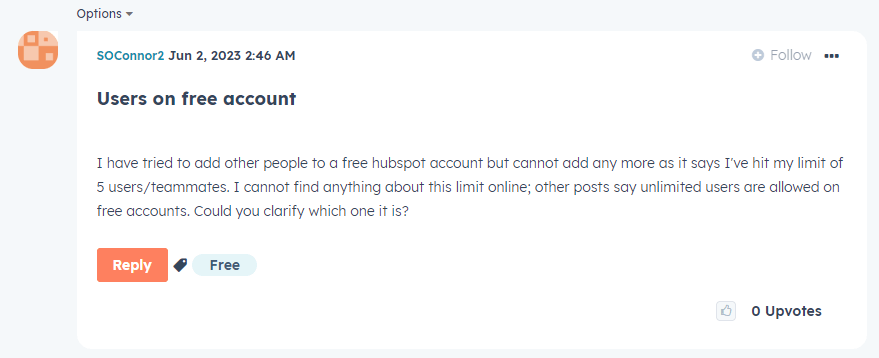
If you knew all of this beforehand, you could have found a CRM solution for just $10 per month, which would include LinkedIn integration, free web forms, an unlimited number of templates, and other features on top of it.
By committing to a free CRM, you might end up overpaying in the long run.
Trap #3. Sunk-cost fallacy
Once you upload your contacts and start using a free CRM, you’ve invested time and effort into this provider. If you’ve already added a few users and asked your team to learn the basics of this software, you’ve tied yourself even more to this solution.
After a while, even if you’re not happy with the provider and it is slowing down your growth, you’ll find it difficult to convince your team to change.
Trap #4. Scaling challenges
The jump from a free CRM plan to a paid plan is often quite substantial.
For example, HubSpot’s pricing starts with a free plan, moves to $15 per month (with a few basic features like goal tracking and multiple currencies), and then jumps to $90. This significant price increase makes it difficult to scale a business on a limited budget.

How to choose the right CRM
Switching a CRM provider is a big decision. CRM software is a central tool for any business, so switching providers requires a lot of internal discussions and negotiations.
When choosing a free CRM system, make sure you’re comfortable with moving to the higher plans if needed. Thoroughly research their pricing plans to avoid missing any hidden costs. You can even create a simple spreadsheet table comparing different solutions—their features and their upgrade costs.
Getting buy-in for different software can be difficult once your team is used to one system, even if it’s not the perfect fit for your business.
Whether you opt for a free CRM or a paid solution depends on how much you’re willing to compromise—and where you want to take your business in the future.
The Myth of “100% Free CRM”
If there’s a way to cut costs, we all want to take advantage of it. So, it makes sense that the concept of a 100% free CRM has become so popular among several CRM providers.
However, when opting for a free plan, there are usually some hidden costs—whether in terms of money, time, or limitations.
Before committing to a free CRM, it’s important to consider everything you’re signing up for and make your decision with this information at hand.
1. Free CRM is a marketing trick
When you visit a perfume shop, you can get free samples. These samples are a great way for companies to give you a small taste of their products. While this free sample might be a pleasant surprise and enough for the moment, it won’t serve you long-term or fully satisfy your needs.
Most free CRMs work the same way—they give you a small taste of what the software can do. You get basic features, but when you need more advanced functionality (like reporting or automation), you’re often required to upgrade to a paid plan.
So, when you find a free CRM system you like, take a close look at their pricing structure. Can you afford it in the long run? Does it really satisfy all of your needs at this moment or will you end up paying for different extensions and add-ons?
2. Free CRM comes with hidden costs
Why is social media free? You don’t pay social media platforms with money, but you pay in other ways—with your data and time.
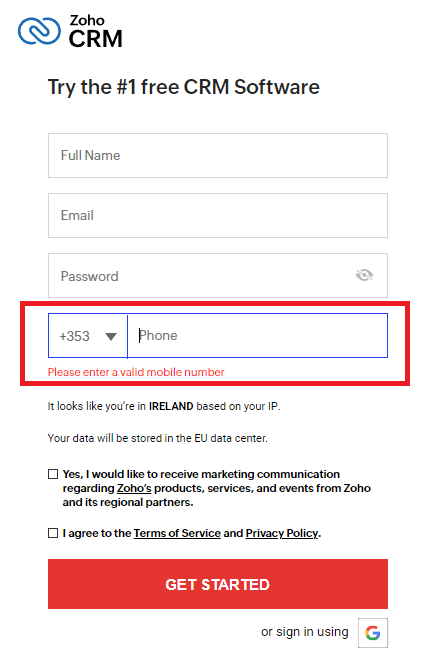
Something similar happens with free CRM software. In many cases, you agree to have their branding on some of your customer communications. While you may get free emails or live chats, they will all have the CRM provider’s branding. This will turn you into their brand ambassador—without any compensation, of course.
Lack of support is another hidden cost. Free CRM tools typically offer little to no customer support. So if you run into an issue, you may have to rely on Google search.
3. Free CRMs are designed to upsell
Freemium game apps on your phone work very similarly to a free CRM. You download the game for free, play it, and get hooked—but as you progress, you’re constantly encouraged to upgrade. The further you go, the more you realize you need to upgrade to continue enjoying the experience.
CRM providers operate in the same way. A CRM company is, first and foremost, a business that needs revenue and profits to survive. In other words, all free CRMs follow the freemium model.
In a freemium model, the free functionality is usually very limited. For example, with HubSpot’s free plan, you only get 10 custom fields for contacts, limited styling options for web forms, no automations, only 3 email templates, up to 5 documents per account, 10 saved filters, and no simple features like goal tracking, user permissions, multiple currencies, account overviews, forecasting, or even customer support.
Why choose OnePageCRM instead of a free CRM solution
OnePageCRM is a simple CRM used by businesses in over 80 countries. It is the only action-focused CRM in the world. It is one of the most affordable solutions on the market. Its pricing starts at only $9.95 per month.
It transforms your contact list into a dynamic Action Stream where all contacts have follow-up reminders and are sorted by urgency.
Even on its lowest plan, you get 6 extra tools for free:
- Sales Inbox. OnePageCRM syncs with your Gmail or Outlook account and filters only email communication to and from your CRM contacts. It automatically saves all emails inside your CRM account. This makes your inbox much more powerful and clutter-free.
- Web Forms are available for free on all pricing plans. All new submissions are added to your CRM account with follow-up reminders automatically scheduled next to them. In this case, you’ll never forget to reach out to new leads.
- Lead Clipper. If you’ve been researching CRMs, you’ve probably come across LinkMatch. LinkMatch is a LinkedIn CRM integration that costs around $12-15 per month depending on which CRM you want to integrate with. OnePageCRM’s Lead Clipper is a completely free browser extension that recognizes contact details on all social media platforms, emails, and web pages.
- Business Card Scanner is another free additional tool in OnePageCRM. The free Business Card Scanner can help you digitize your contacts much faster if you regularly attend in-person conferences or trade shows.
- Sales Navigator. OnePageCRM also has a free AI-powered Route Planner for field sales. It automatically calculates the most optimal route and helps you navigate several customer visits as fast as possible.
- Sales Dialer. OnePageCRM also has a free Speed Dialer. You don’t need to pay for any additional software to dial your contacts faster.
When a free CRM doesn’t make sense
There are a few situations when a free CRM can slow down your growth.
Let’s look into each one of them a bit closer.
1. Your business is growing steadily
If your business is growing, it means that a free CRM, with its limited number of users, contacts, or storage space, will eventually start slowing you down.
Free CRMs often come with significant feature and data restrictions. As your business expands, these limitations become more apparent. Business growth requires proper tools to keep up with it without jeopardizing your operations. In this situation, you may find yourself upgrading to a paid plan sooner than expected—and then notice a significant jump in your costs, which your business might not be prepared for.
In this case, a free CRM can either become a bottleneck for your growth or come with hidden costs when it’s time to scale up.
2. You need customer support
While a free CRM is appealing (well, because it’s free), you can also find CRM solutions for just a few dollars per month—and get access to a responsive, helpful customer support team.
Great CRM support is crucial for your business. A CRM ties together all the other apps you use, making it a central piece of your operations. It’s no surprise that CRMs are often referred to as the “single source of truth.”
But free CRMs offer little to no customer support. So if good support is important for you, you’ll have to upgrade to a paid version eventually. Besides, many CRM providers have tiered customer support, meaning that the more you pay, the more help you get.
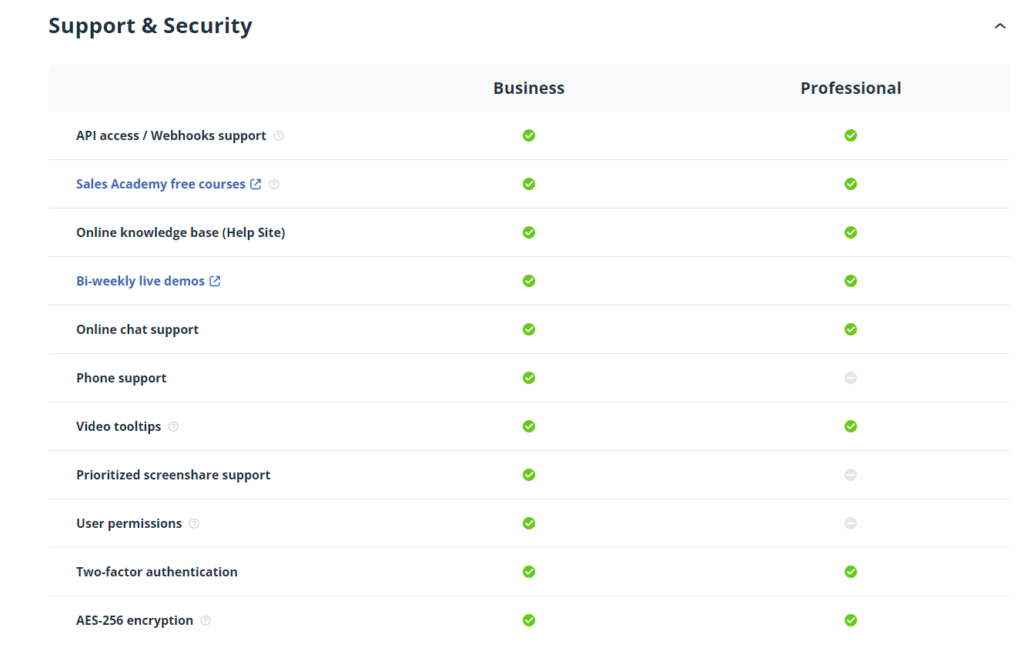
3. You are a long-term planner
Free CRMs are great short-term solutions. But when you factor in the costs that you might incur when growing your business, you’ll notice that in the majority of cases, going with a free CRM solution to only switch to a paid plan later may not be worth it.
For example, Zoho CRM also has a free plan but they add it at the very end of the FAQ section and there’s no comparison table to see what exactly is included in the free plan. So you’ll find it difficult to compare the costs before creating the trial and trying the solution.

Choosing a free CRM solution
Whether you go for a free or paid CRM solution, there’s one important thing to keep in mind. A big mistake many people often make when using a CRM is only recording past activities. But CRM stands for customer relationship management, and relationships are always evolving. They are forward-looking.
So no matter which CRM solution you choose, it should help you plan for future interactions and keep an eye on your follow-ups, not just record the past.
In some cases, a free CRM spreadsheet may be enough for your business too, but as your company grows, you’ll likely want to upgrade to a proper CRM solution.

